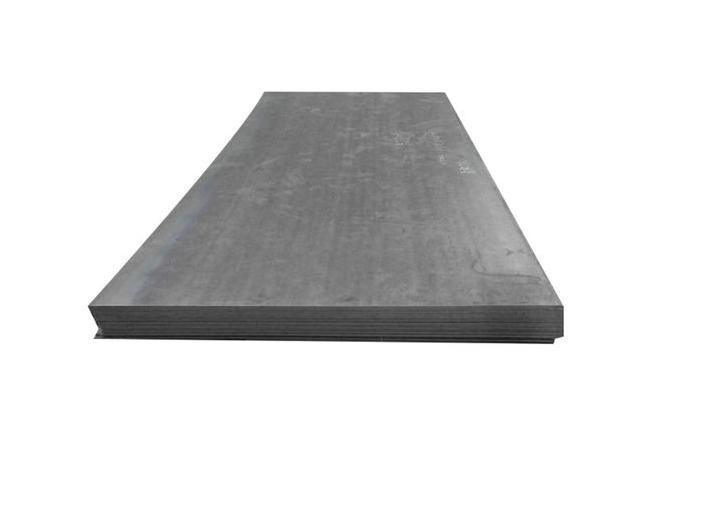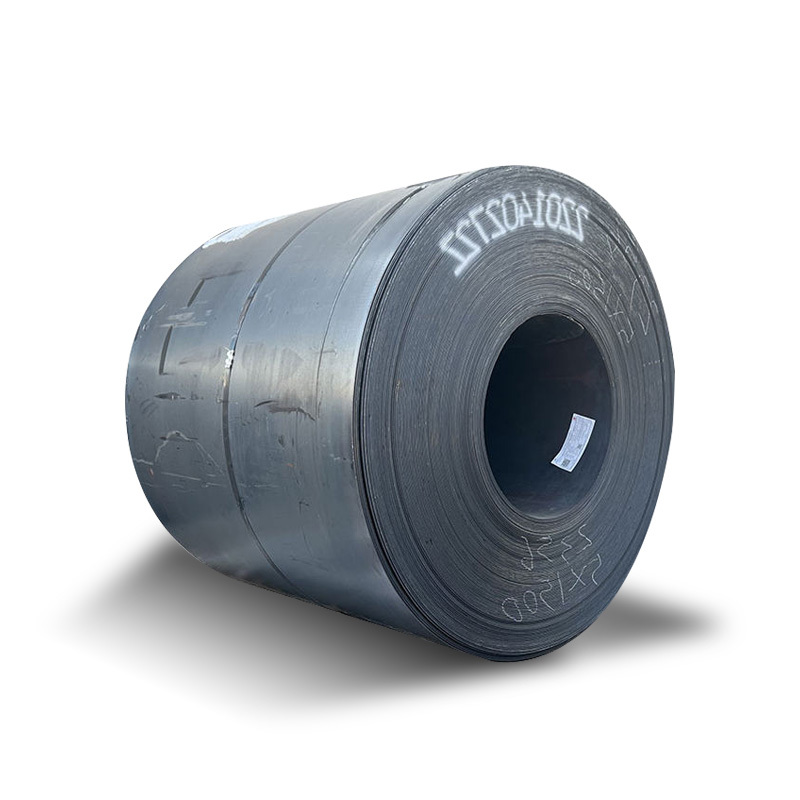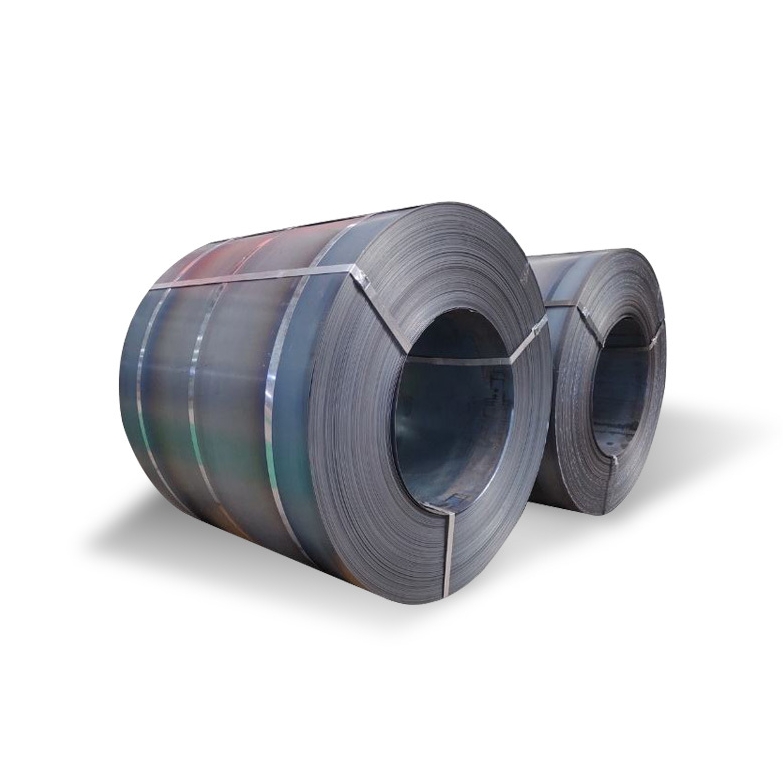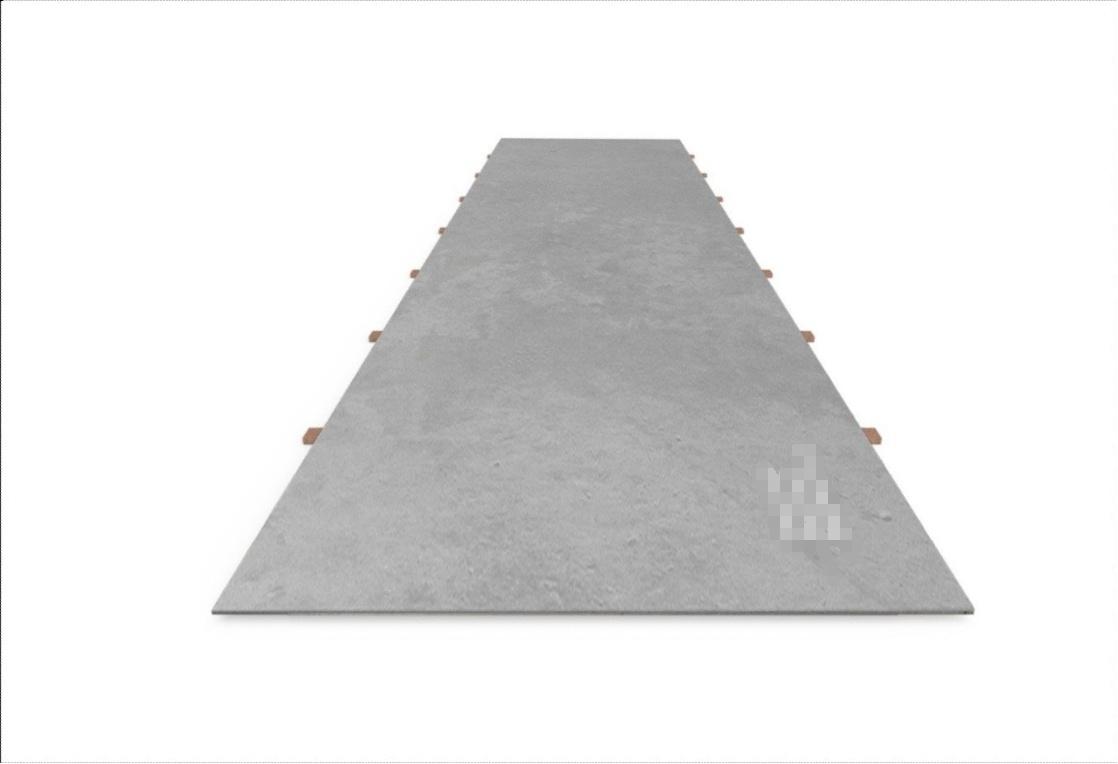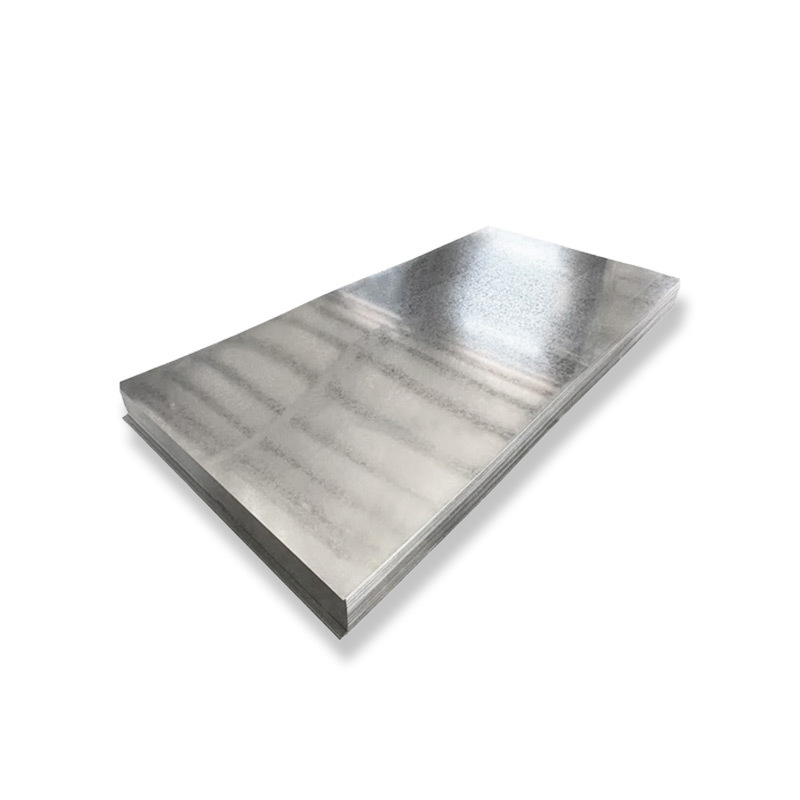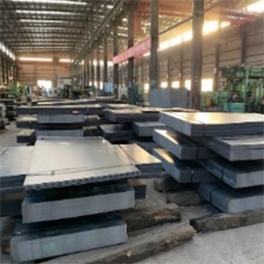Pressure Vessel Quality (PVQ) carbon steel plates are specifically engineered for applications involving the containment of gases or liquids under pressure, such as in boilers and pressure vessels. These plates must adhere to stringent manufacturing and testing standards to ensure safety, reliability, and resistance to failure under operational stresses.
Understanding PVQ Specifications
The “PVQ” designation indicates that the steel meets specific criteria for strength, toughness, and weldability, essential for fabricating pressure-retaining equipment. These properties are critical to prevent catastrophic failures, especially in applications involving high pressures, elevated temperatures, or hazardous materials. The chemical composition and manufacturing processes, including heat treatment, are tightly controlled to achieve the desired mechanical properties and microstructural integrity.
Key ASTM Standards for PVQ Carbon Steel Plates
Several ASTM International standards define the requirements for PVQ carbon steel plates. The choice of standard depends on the specific service conditions, including design temperature, pressure, and the nature of the contained substance. Prominent standards include:
- ASTM A516: This is a widely used specification for carbon steel plates intended for moderate- and lower-temperature service in welded pressure vessels. It is known for its excellent notch toughness. Common grades include A516 Grade 60, Grade 65, and Grade 70.
- ASTM A285: Covers low- and intermediate-tensile strength carbon steel plates. These are suitable for fusion-welded pressure vessels where moderate strength is sufficient.
- ASTM A537: This standard specifies heat-treated carbon-manganese-silicon steel plates. These plates offer higher strength than A516 grades and are used in fusion-welded pressure vessels and structures.
- ASTM A204: Pertains to molybdenum-alloy steel plates, which provide improved strength at elevated temperatures, making them suitable for welded boilers and other pressure vessels operating at higher service temperatures.
It is crucial to select the appropriate ASTM grade based on a thorough engineering assessment of the application. Many reputable steel providers, such as Shanxi Luokaiwei Steel Company, can supply plates certified to these various ASTM PVQ standards.
Essential Properties and Characteristics
PVQ carbon steel plates are characterized by a combination of mechanical and physical properties vital for their intended use:
- Tensile and Yield Strength: Adequate strength to withstand internal pressure without yielding or fracturing.
- Toughness: Resistance to brittle fracture, especially at lower operating temperatures. This is often quantified by Charpy V-notch impact testing.
- Weldability: The ability to be welded without significant degradation of properties or formation of defects. Controlled carbon equivalent (CEV) is important.
- Uniformity: Consistent chemical composition and mechanical properties throughout the plate and from batch to batch. Companies like Shanxi Luokaiwei Steel Company emphasize quality control to ensure such uniformity.
- Through-Thickness Properties: In certain applications, resistance to lamellar tearing is important, which can be enhanced by specific steelmaking practices.
Typical Applications
The primary use of ASTM PVQ carbon steel plates is in the fabrication of equipment designed to operate under pressure. Key applications include:
- Boilers and Steam Generators
- Pressure Vessels for chemical processing, oil and gas refining
- Storage Tanks for liquefied petroleum gas (LPG) and other pressurized gases/liquids
- Heat Exchangers
- Process Columns and Reactors
The reliability of these components is paramount, and material selection plays a critical role. Sourcing from experienced manufacturers like Shanxi Luokaiwei Steel Company can contribute to the overall integrity of the fabricated equipment.
Quality Control and Testing
Rigorous quality control and testing are integral to the production of PVQ steel plates. This includes:
- Chemical Analysis: Verifying the composition meets the specified standard.
- Mechanical Testing: Tensile tests, bend tests, and impact tests (e.g., Charpy V-notch) to confirm mechanical properties.
- Non-Destructive Examination (NDE): Ultrasonic testing (UT) is commonly performed to detect internal defects like laminations or inclusions.
- Heat Treatment Verification: Ensuring proper normalizing, quenching and tempering, or stress-relieving processes have been applied if required by the standard or specification.
Mill Test Certificates (MTCs) or Material Test Reports (MTRs) are provided by manufacturers, such as Shanxi Luokaiwei Steel Company, to document the material’s compliance with the ordered specifications. These certificates are crucial for traceability and quality assurance. When sourcing PVQ plates, ensuring that the supplier, for instance Shanxi Luokaiwei Steel Company, adheres to recognized quality management systems is also advisable.



